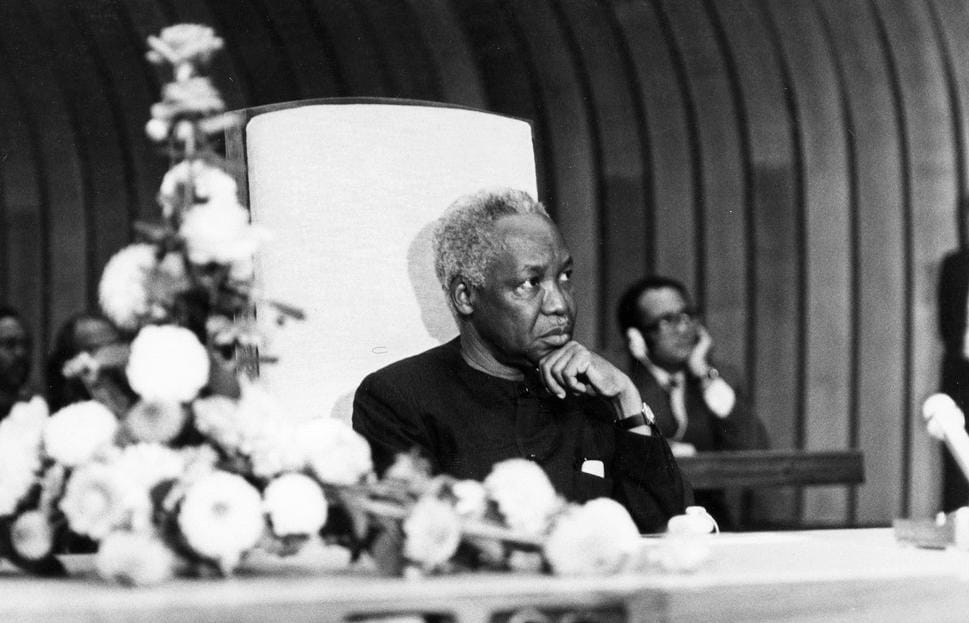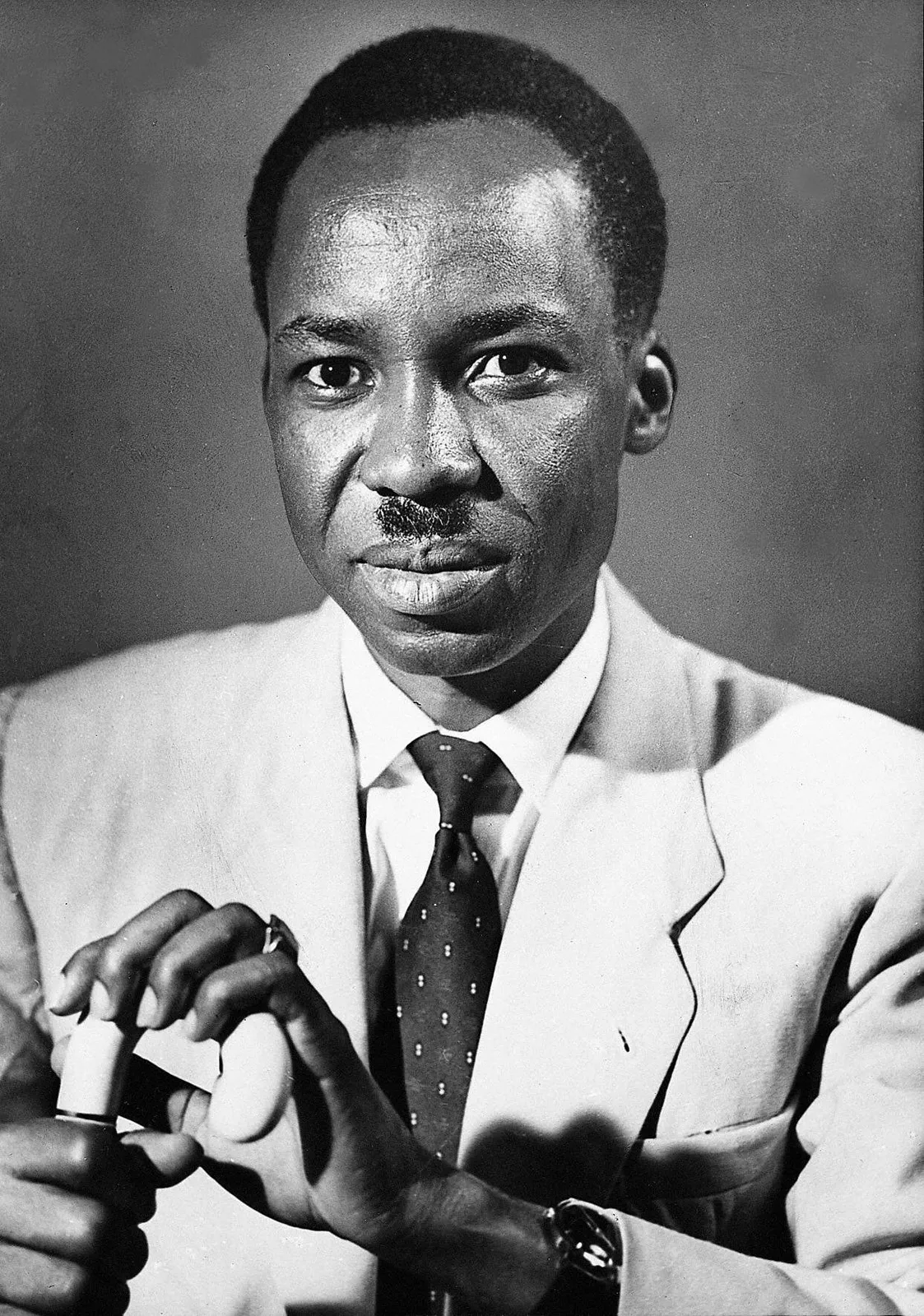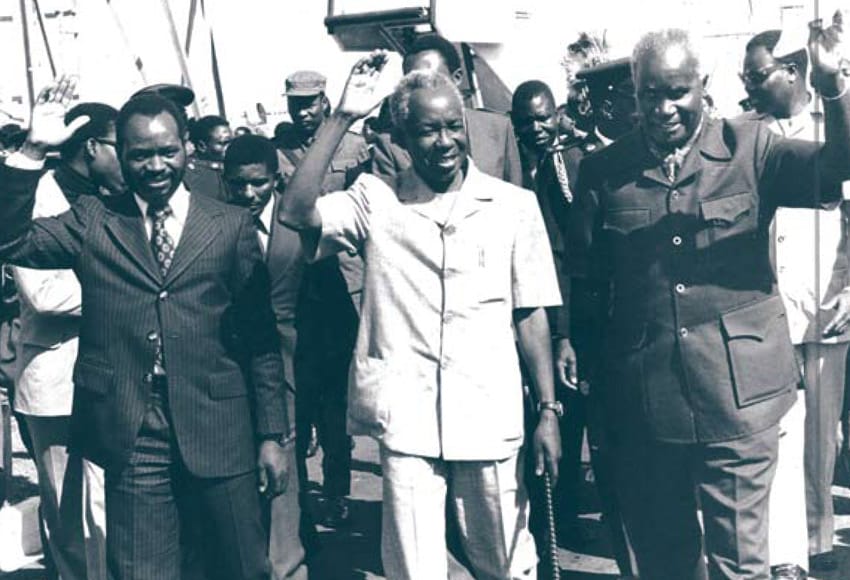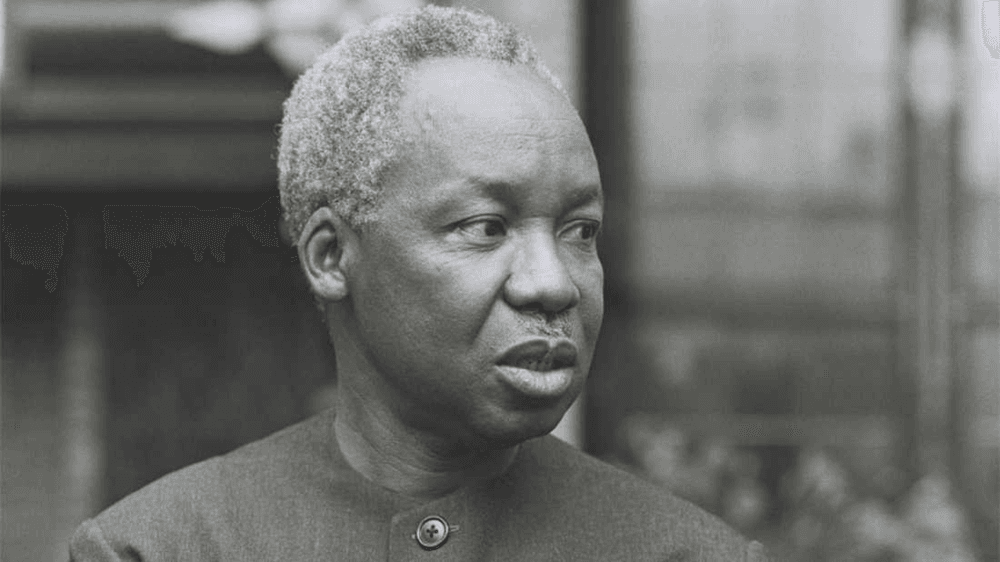Julius Kambarage Nyerere, known as “Mwalimu” (meaning “teacher” in Swahili), was a significant Tanzanian politician, anti-colonial activist, philosopher, and the first President of independent Tanganyika, later Tanzania. Revered as the father of the nation, Nyerere played a central role in the political transformation of East Africa during the decolonization era and shaped the political, economic, and social fabric of modern Tanzania. His legacy still influences African political thought and nation-building efforts.
Early Life and Education
Julius Nyerere was born on April 13, 1922, in Butiama, a small village on the eastern shore of Lake Victoria in what was then British-ruled Tanganyika. His father, Chief Burito Nyerere, was a Zanaki tribal leader, and his mother was one of the chief’s many wives. Although his family held a traditional position of influence, Nyerere’s early life was modest.
He studied at Makerere University in Uganda, where he earned a teaching diploma in 1947. Later, he became one of the first Tanganyikans to study in the United Kingdom, earning a Master of Arts degree in history and economics from the University of Edinburgh in 1952. This experience exposed him to Western political ideas, socialism, and anti-colonial philosophies, which would deeply influence his later ideological development.

Political Awakening: The Rise of TANU
After returning to Tanganyika, Julius Nyerere continued his career as a teacher, but his attention turned toward politics. The 1950s marked a critical turning point in the global anti-colonial movement, and Nyerere emerged as a key figure in Tanganyika’s struggle for self-governance.
In 1954, Nyerere co-founded the Tanganyika African National Union (TANU), a political party dedicated to ending colonial rule through peaceful ways. As its president, he traveled extensively across the country, building grassroots support and promoting unity among Tanzania’s diverse ethnic groups. His charisma, eloquence in both English and Swahili, and emphasis on nonviolence helped TANU gain wide support.
TANU became the dominant political force in Tanganyika, and under Julius Nyerere’s leadership, the country achieved internal self-rule in 1961 and full independence on December 9 of the same year. Nyerere became Tanganyika’s first Prime Minister and then its first President when the country became a republic in 1962.
Presidency and the Formation of Tanzania
One of Julius Nyerere’s most defining achievements came in 1964, when Tanganyika united with the archipelago of Zanzibar, forming the United Republic of Tanzania. The merger followed a bloody revolution in Zanzibar and reflected Nyerere’s vision of African unity. As President of the new republic, Nyerere sought to craft a national identity that transcended ethnic and regional divisions.
Throughout his presidency (1964–1985), Nyerere emphasized the principles of Ujamaa (familyhood), his interpretation of African socialism. He articulated this vision in the Arusha Declaration of 1967, which laid out a blueprint for self-reliance, rural development, communal farming, nationalization of key industries, and equitable distribution of wealth.
While rooted in idealism and driven by a desire to avoid the inequalities associated with Western capitalism, Ujamaa policies faced significant challenges. Agricultural production declined, the economy stagnated, and many state-run enterprises became inefficient. Nonetheless, these policies also brought notable achievements in social services, particularly in literacy, health, and education. Tanzania’s literacy rate dramatically improved under his leadership, and access to primary education became widespread.

Foreign Policy and Pan-Africanism
Nyerere was an advocate for Pan-Africanism, anti-imperialism, and liberation movements. His administration provided moral, diplomatic, and material support to African liberation groups in southern Africa, including the African National Congress (ANC) of South Africa, the Mozambique Liberation Front (FRELIMO), and others in Zimbabwe, Namibia, and Angola.
He was a founding member of the Organization of African Unity (OAU) and often used his influence to mediate regional conflicts. His foreign policy was based on principles of non-alignment, support for the oppressed, and African solidarity.
Notably, Julius Nyerere made the bold decision in 1979 to militarily intervene in Uganda, overthrowing dictator Idi Amin after a series of cross-border provocations and human rights abuses. The Tanzanian victory in the Uganda-Tanzania War was a rare and successful African-led military intervention that helped restore order to Uganda.
Retirement and Later Life
In 1985, Nyerere voluntarily stepped down from the presidency, a rare move among African leaders at the time. He handed over power to Ali Hassan Mwinyi but remained an influential figure in Tanzanian politics and across the continent.
In his retirement, Julius Nyerere continued to play a role in international diplomacy. He chaired the South Commission (1987–1990), advocating for the rights and development of the Global South. He also acted as a mediator in the civil wars in Burundi and Rwanda during the 1990s.
Despite criticisms of his economic policies, Nyerere remained a widely respected and admired figure for his integrity, humility, and lifelong commitment to social justice.

Julius Nyerere: Father of the Nation
He died on October 14, 1999, in London, where he had been receiving treatment for leukemia. His death was mourned throughout Africa and beyond. Tributes poured in from global leaders who recognized his pivotal role in shaping postcolonial Africa.
Julius Nyerere’s legacy is multifaceted. Though his socialist policies did not bring the economic prosperity he hoped for, his moral leadership, nation-building efforts, and emphasis on unity, education, and peaceful change left an enduring impact. He is remembered not only as the founding father of Tanzania but also as one of Africa’s most principled and visionary leaders.
To this day, Tanzanians refer to him with affection and reverence as “Baba wa Taifa” — the Father of the Nation.



